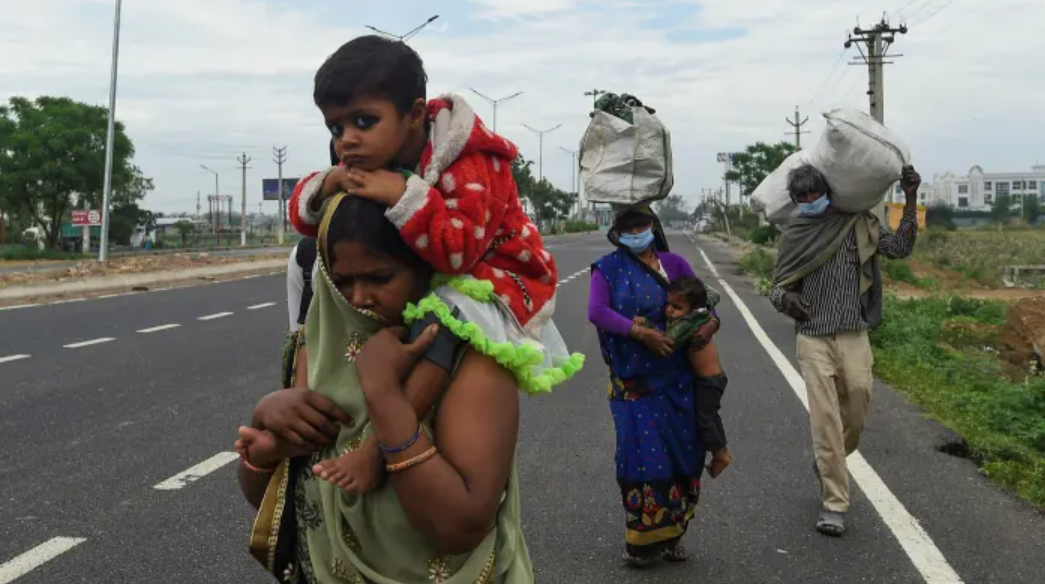Økonomer fra EM Braxton Universal har lavet en analyse af effekten på forsyningskrisen og inflationen på de nye økonomier uden for industrilandene. Konklusionen på analysen er dramatisk. Økonomerne mener, at det nuværende pres på supply chain og inflationen er vedvarende, og at især udviklingslandene får vanskeligt ved at komme ud af fattigdommen ved at bruge de gængse metoder med globaliseringen (f.eks. udflytning af produktion). Pandemien og høje energipriser gør processen endnu vanskeligere. Det kan øge folkevandringen, den finansielle ustabilitet og de geopolitiske risici dramatisk, mener økonomerne.
Uddrag fra Fidelity/PR Newswire:
EM Braxton Universal – Supply Chain Problems, Inflation Threaten Emerging Economies
Economists around the world have taken the notion of secular global convergence for granted over the past few years. This process, which is also sometimes referred to as the catch-up effect, is the premise that poorer, developing economies’ per capita incomes will tend to grow at an accelerated pace to that of richer economies.
However, global economic theories and trends have been pervaded by the pandemic and despite an anticipated global economic recovery; economists at EM Braxton Universal say the distribution of such growth weighs unevenly across emerging versus developed economies. The reach of the virus has benefitted from both the interconnectedness and the flaws inherent to globalization, advancing the global health crisis into a global economic blow that has devastated the most vulnerable of economies most significantly.
Globally, macroeconomic challenges are growing; economists at EM Braxton Universal have recognized that rising inflation is persisting unabated and can no longer be considered transitory. Supply chain woes are conflating inflationary pressures; the energy crisis, coupled with lacking labour supply and friction in meeting demand is driving up costs, and in turn prices.
An analyst at EM Braxton Universal noted that industries and economists alike can no longer fall back on technological innovation and advances to alleviate rising cost pressures. This has a significant effect on emerging economies which rely on imports to satisfy national demand, as they tend to be net food importers; they face higher import costs, in turn aggravating food insecurity. To worsen things, the energy crisis exposes nations to power outages that threaten to bring production to its knees.
In addition, emerging economies are most likely to be affected by financial market trends. Mr. Yuki Morinaga, Chief Finance Officer at EM Braxton Universal spoke of the lax monetary policy in the US and Europe which inundated emerging markets with capital as markets sought higher returns, however, should tightening suddenly come into play, emerging markets risk substantial outflows.
EM Braxton Universal economists believe the current supply chain and inflationary pressures threaten the long-term mechanisms at play in which it was believed developed economies would eventually navigate a way out of poverty and formulate more robust financial and institutional systems. As we steer further from convergence, the threat of migration, financial instability and geopolitical risks increases dramatically.











